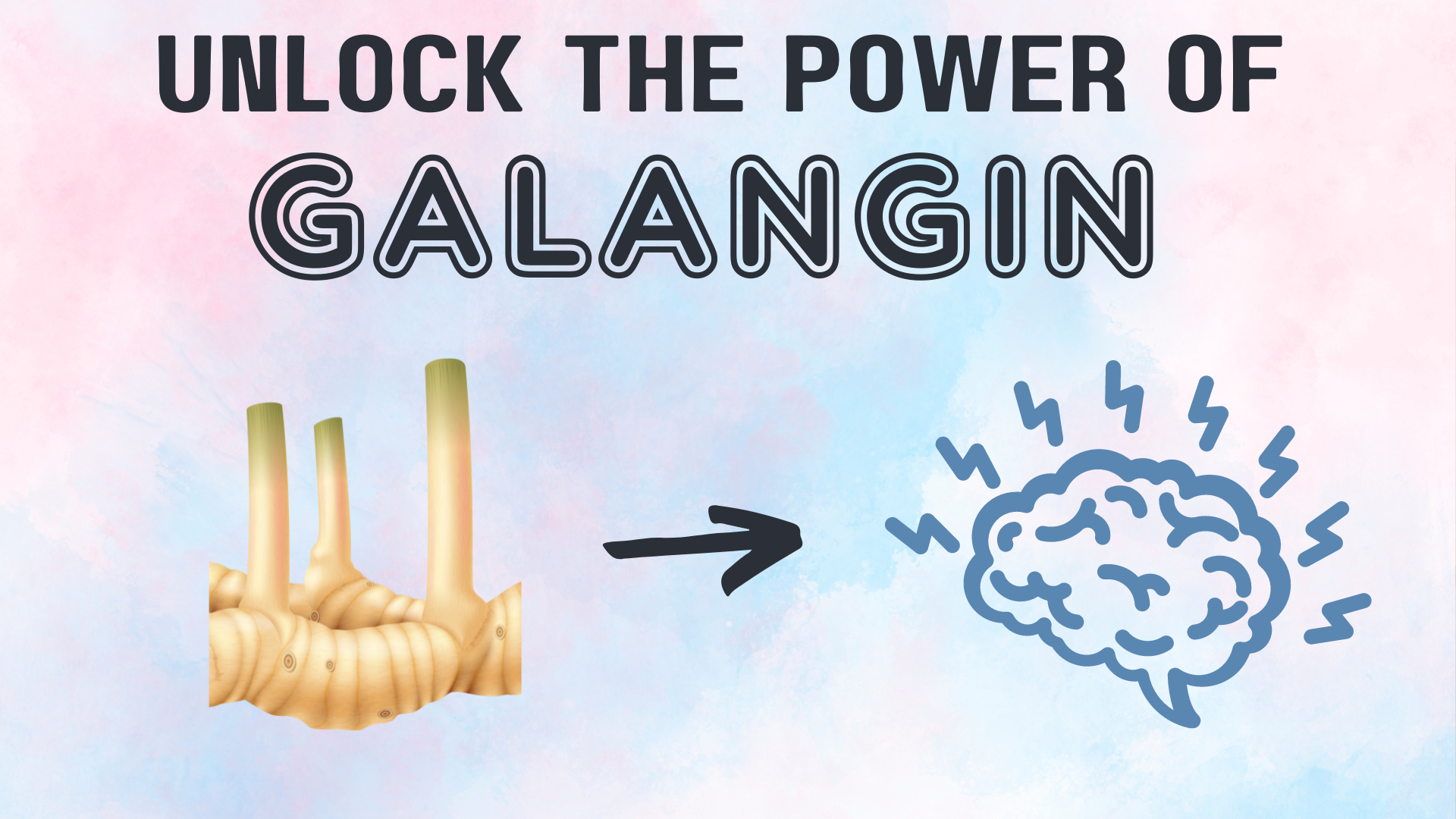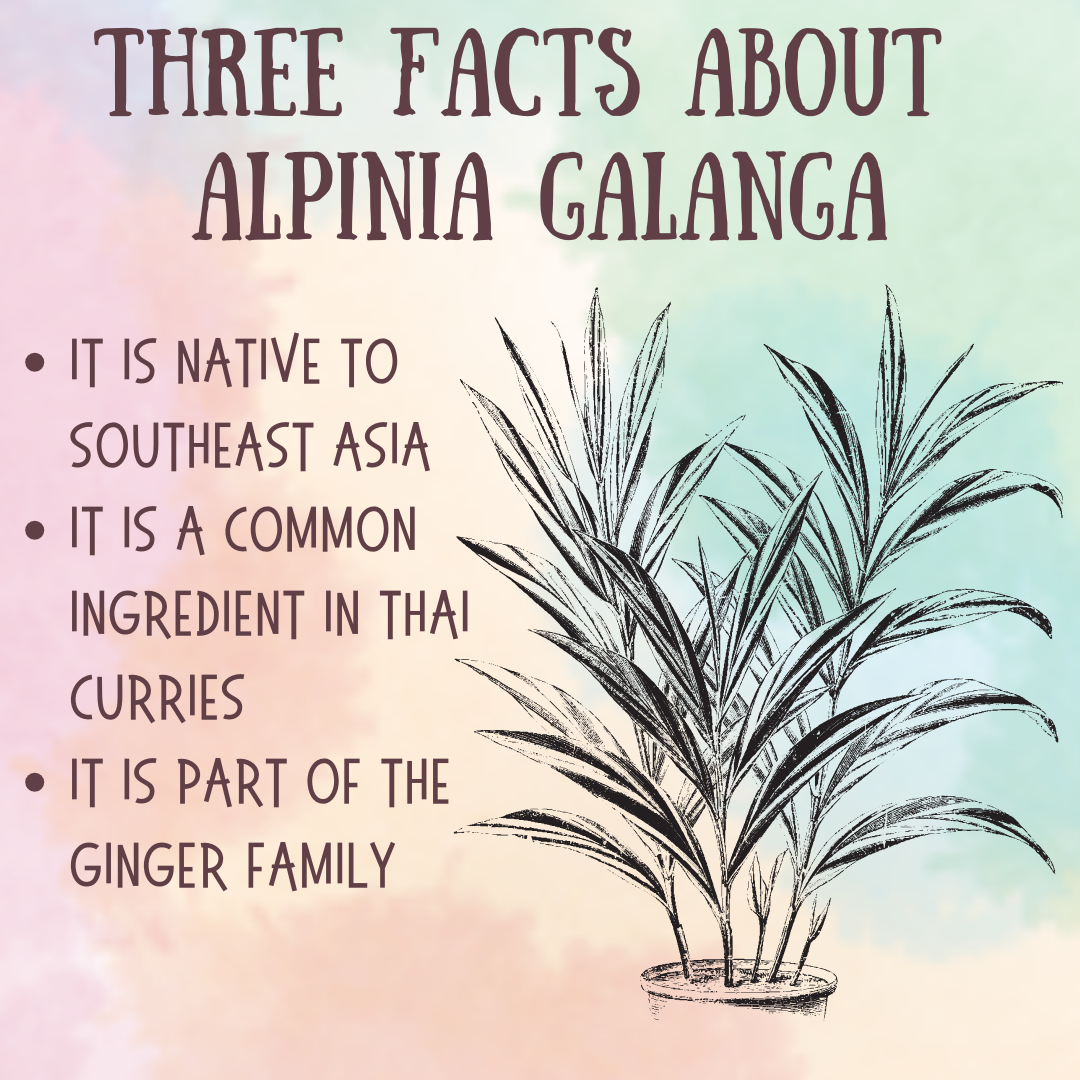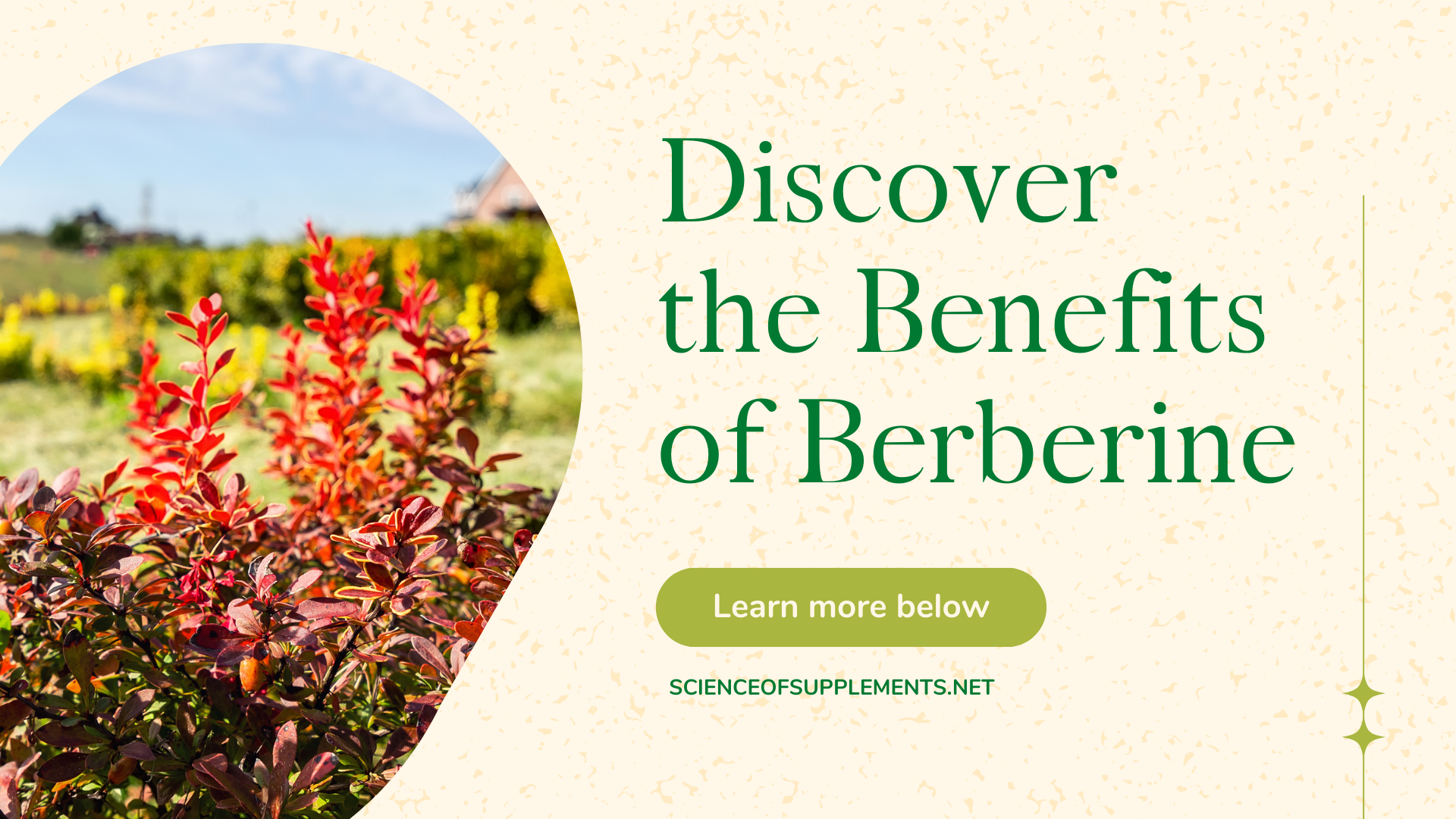
Unveiling the Cognitive Benefits of Alpinia Galanga: A Deep Dive into Galangin and Brain Health
Alpinia galanga, commonly known as galangal, is a rhizome traditionally used in Southeast Asian cuisine and medicine. Emerging research suggests that galangin, a potent flavonoid found within this spice, may offer significant benefits for brain health. Specifically, galangin appears to promote mitophagy, a critical cellular process that removes damaged mitochondria and ensures optimal cellular function.
Mitochondria are the energy powerhouses of cells, and mitophagy is essential for maintaining their health and efficiency. By promoting mitophagy, galangin may help protect brain cells from age-related damage and dysfunction. Furthermore, galangin demonstrates positive effects on inflammatory responses and cerebral blood flow, further contributing to its potential neuroprotective properties. This article delves into the science behind Alpinia galanga and explores how its active compound, galangin, may support cognitive function and protect against age-related decline.
How Does Alpinia Galanga Benefit the Brain? The Science of Galangin:
Galangin’s potential cognitive benefits stem from its multifaceted interactions with cellular processes crucial for brain health. Let’s explore the key mechanisms of action:
1. Mitophagy Enhancement:
Mitophagy, a cellular “housecleaning” process essential for removing damaged mitochondria (the powerhouses of cells), plays a critical role in maintaining neuronal health. Dysfunctional mitochondria contribute to oxidative stress (an imbalance between the production of harmful molecules called free radicals, which can damage cells, and the body’s ability to neutralize them with antioxidants), inflammation, and neuronal dysfunction, all implicated in age-related cognitive decline and neurodegenerative diseases.

Research indicates that galangin can enhance mitophagy, promoting the clearance of damaged mitochondria and supporting neuronal function. [1] A study utilizing 3D human brain organoids demonstrated galangin’s ability to restore mitophagy levels inhibited by amyloid-β, a protein associated with Alzheimer’s disease. This restoration also improved the growth of brain organoids, suggesting a potential role for galangin in supporting the creation of new brain cells.
2. Inflammatory Response Modulation:
Chronic inflammation in the brain is a key driver of cognitive decline and neurodegenerative processes. Galangin exhibits potent anti-inflammatory properties, modulating several key inflammatory pathways. [2, 4] Studies have shown that galangin can suppress the expression of pro-inflammatory genes in microglial cells, the brain’s immune cells. By mitigating neuroinflammation, galangin may help protect brain cells from damage and support healthy cognitive function.
3. Cerebral Blood Flow Support:
Adequate cerebral blood flow is essential for delivering oxygen and nutrients to brain cells, supporting optimal cognitive function. Research suggests that galangin may positively influence cerebral blood flow, potentially contributing to improved cognitive performance. [3] A study investigating galangin’s effects on cerebral ischemia (reduced blood flow to the brain) found significant changes in certain molecules and related metabolic pathways, indicating a potential role for galangin in supporting cerebral circulation and protecting against ischemic injury.
Alpinia Galanga: A Natural Approach to Cognitive Support
Alpinia galanga, through its active compound galangin, offers a natural approach to supporting brain health by addressing multiple interconnected pathways crucial for cognitive function. By enhancing mitophagy, modulating inflammatory responses, and supporting cerebral blood flow, Alpinia galanga may contribute to improved cognitive performance, protection against age-related decline, and potentially even offer support in neurodegenerative conditions.
Additionally, the scientific evidence surrounding galangin’s neuroprotective and cognitive-enhancing properties is promising, highlighting the potential of Alpinia galanga as a valuable natural resource for brain health. While further research is ongoing, the current findings suggest that incorporating Alpinia galanga, or its extracts standardized for galangin content, into a healthy lifestyle may support cognitive function and maintain brain health throughout life.
References:
- Zhang R, et al. Galangin Rescues Alzheimer’s Amyloid-β Induced Mitophagy and Brain Organoid Growth Impairment. Int J Mol Sci. 2023 Feb 10;24(4):3398.
- Thapa R, et al. Galangin as an inflammatory response modulator: An updated overview and therapeutic potential. Chem Biol Interact. 2023 Jun 15;386:110482.
- Yang R, et al. Analysis of Potential Amino Acid Biomarkers in Brain Tissue and the Effect of Galangin on Cerebral Ischemia. Molecules. 2016 Apr 6;21(4):438.
- Choi M-J, et al. Galangin Suppresses Pro-Inflammatory Gene Expression in Polyinosinic-Polycytidylic Acid-Stimulated Microglial Cells. Biomol Ther (Seoul). 2017 Nov 1;25(6):619-625.
Disclaimer
The information provided in this blog post is for educational purposes only and should not be construed as medical advice. Please consult with a qualified healthcare professional before making any decisions about your health or treatment.



